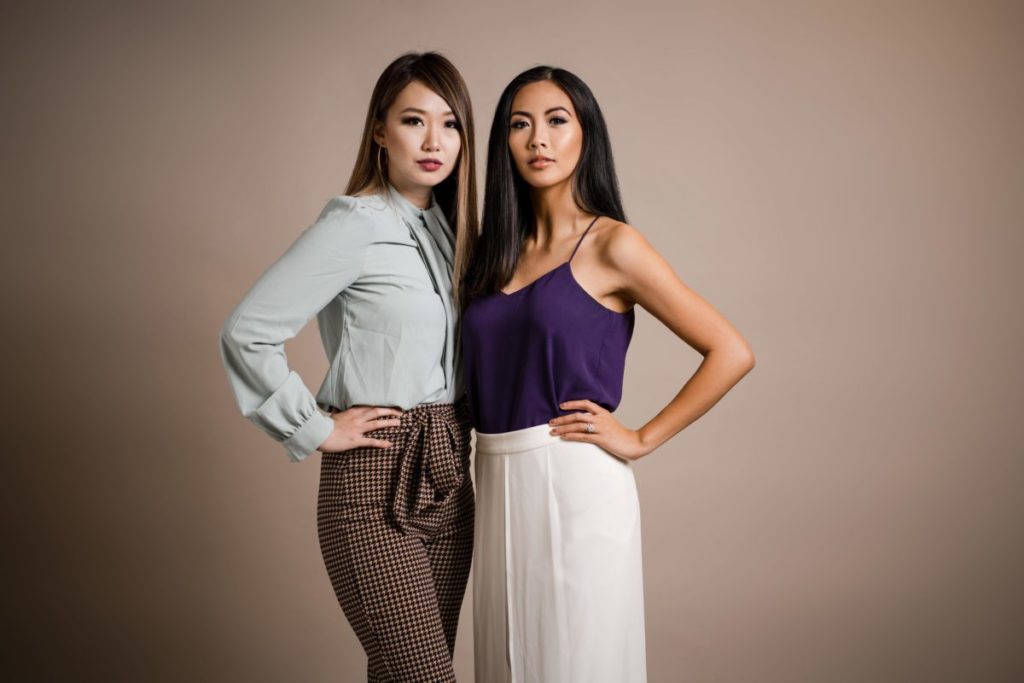
In 1992, President George H. W. Bush designated the month of May as Asian American and Pacific Islander Heritage Month. For the last 32 years, cultural institutions across the country have celebrated the role that Asian Americans, Native Hawaiians and Pacific Islanders have played in shaping American history. Here at The Story Exchange, we’ve been thinking about things from more of an entrepreneurial perspective; specifically, how does being Asian American influence the female founder experience?
We decided to turn to some of the women we have recently featured as part of our 1,000 Stories Project and asked them about their experiences, in their own words. Here’s what they told us, lightly edited for length or clarity.
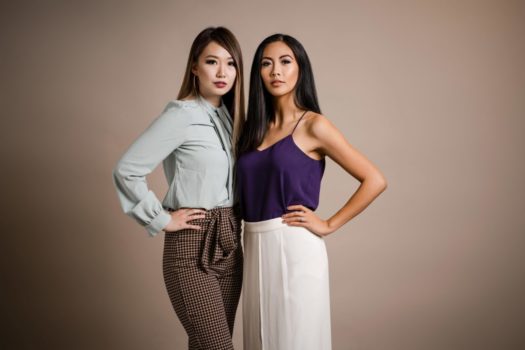
Trisha Bantique (left), and Kathy Zhou (right) are the co-founders of Queenly, where customers can buy and sell formalwear on a budget.
Trisha Bantigue of Queenly
“As an Asian American entrepreneur who immigrated to the U.S. at the age of 10 from the Philippines, I’ve had to learn how to be a leader and how to navigate the difficulties of starting your own business with way less resources than someone who has grown up with generational wealth and familial support. I always have to acknowledge various parts of my Asian American identities that would set me apart or lead to any disadvantage when dealing with business activities. The beauty of it, though, is that I am able to have a wider perspective on various nuances on what makes a great entrepreneur, as I can acknowledge diversity and inclusion as building blocks of a strong team. It also means that I can empathize so much more of our customers, as I can relate to a lot more experiences due to my Asian American background.”
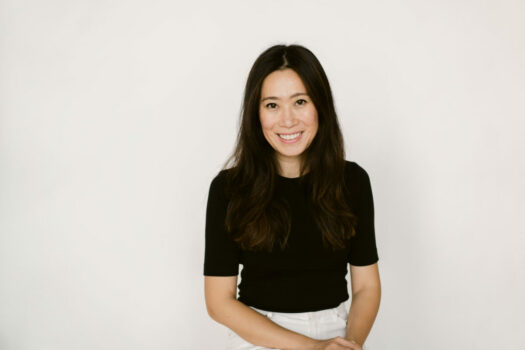
Hera Li, founder of Curio, is on a mission to provide children with books that will nurture a love of reading in numerous languages.
Hera Li of Curio
“Being an Asian American founder, especially in the case of Curio, is about more than just entrepreneurship. Being an Asian American founder itself breaks stereotypes. But Curio is a platform for cultural empowerment and social change, starting from a young age by empowering children to embrace their uniqueness, culture and heritage without apology. By starting at an early age, we are laying the foundation for a generation that is culturally sensitive and confident in their identities, one book at a time.”
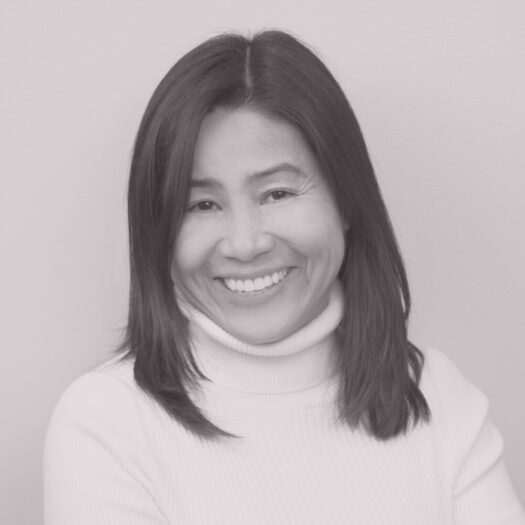
Huong Wolf is the founder of Quilling Card, which makes stationery and gifts using an intricate, centuries-old paper-shaping technique.
Huong Wolf of Quilling Card
“Being an Asian American entrepreneur means embodying an innovative spirit, and displaying resilience in the face of challenges. I am honored to be the bridge between my home country of Vietnam and the U.S., providing hundreds of jobs to artisans back home. Being able to give back to my community in Vietnam means the world to me. Because I understand their material conditions from the rural villages where I also grew up, I find it important we are able to provide opportunities to learn new skills and work dignified jobs. We pay 25% higher than the national average and have a good benefits package, which helps the community who may otherwise not have the same career possibilities.”
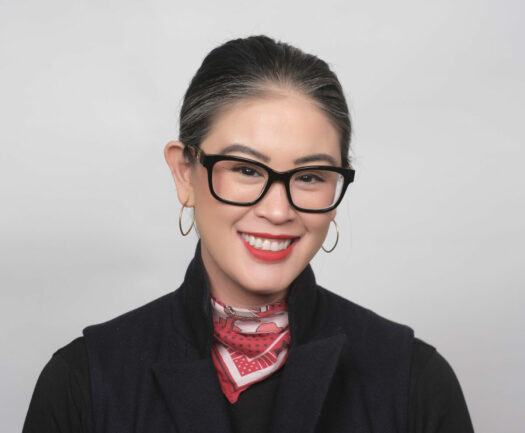
Francine Hwang aims to solve staffing shortages plaguing the healthcare industry through her company, FrannyCares.
Francine Hwang of FrannyCares
“Growing up Asian American in a small town just outside of Boston, where the majority of my peers were white, I found myself grappling with the complexities of identity and belonging. Most of the time, it felt simpler to blend in, to set aside my culture and ethnicity in favor of conformity…peanut butter and jelly sandwiches instead of pork dumplings in my school lunch kind of conformity! It was tiring and, at times, traumatic.
It wasn’t until I went to college that I truly understood the beauty and power of multiculturalism. Surrounded by diverse perspectives and experiences, I started to appreciate the richness of my own heritage and the stories of others who embraced their authentic selves unapologetically. As an Asian American entrepreneur, my work is dedicated to amplifying the voices of healthcare workers (a lot of whom are women and minorities) in their job searches, ensuring they’re heard and valued. I firmly believe that nurturing inclusive environments where the burden of code-switching – that is, alternating between languages or identities to match the setting – may be present, isn’t just the “right thing to do” but also is fundamental to the success of their businesses. By championing diversity and authenticity, we not only create great places to work, but perhaps we can begin to mitigate some of the emotional harm experienced by those who have been marginalized.”

